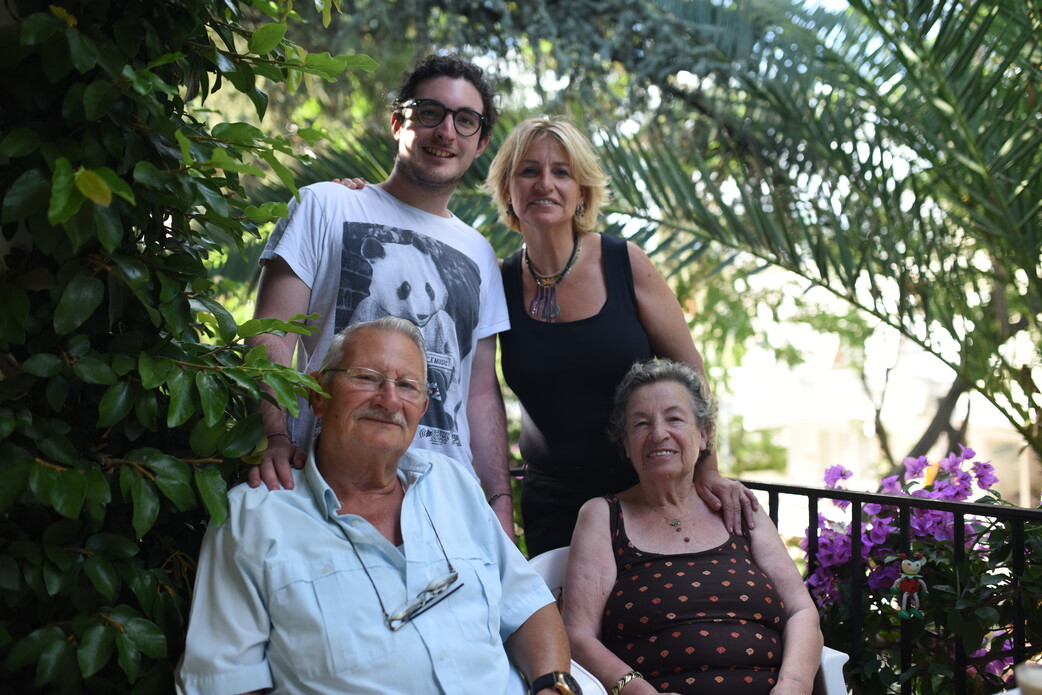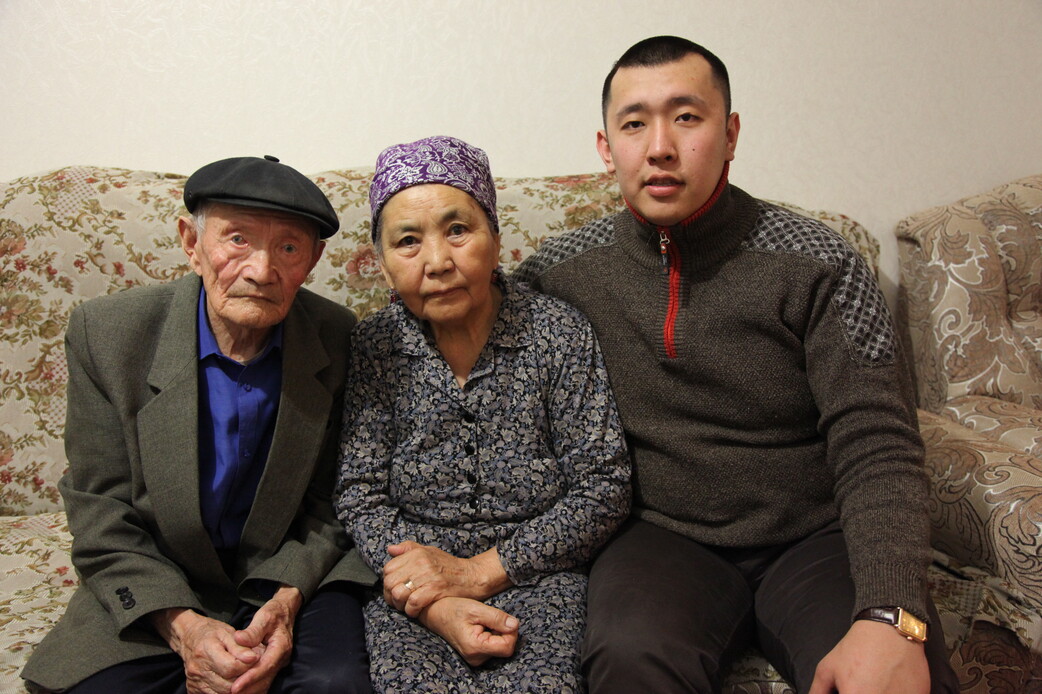Language Shift and Identity among the Sephardim in Turkey and Kalmyk in Russia
Candidate: Ioana Aminian Jazi, MA
At the beginning of the 20th century, various studies (Cantera 1964; Nathan 1964; Renard 1966; Saul 1983) had already predicted the certain death of the Judeo-Spanish language. Today, in Istanbul, one can find only a handful of native speakers of Judeo-Spanish among people over 60 years old. And, if one finds any, they are unaware that they are able to speak Judeo-Spanish because, in their opinion, their level is not enough to satisfy a "normal" conversation. One of the consequences of this is that intergenerational mother-tongue transmission within the family no longer takes place, and therefore Judeo-Spanish is today a highly endangered language. The lack of monolingual speakers who could transmit the language to the younger generation sped up code-switching and eventually led to a complete language shift in favour of the more prestigious language, Turkish. A similar fate is experienced by the Kalmyks in the Russian Federation, another minority group under focus within this PhD.
In order to understand the effects of language shift on different generations of speakers, half-speakers and non-speakers of a heritage language in a minority context, I carried out a research project on two minority languages: Judeo-Spanish, spoken by the Sephardim in Istanbul, and Kalmyk, spoken by the Kalmyks in Russia. The project focuses on analysing the interrelation between language attitudes and intergenerational language transmission scenarios of three different generations of speakers, semi-speakers and non-speakers of the heritage language within the same family.
The project uses a comparative approach and investigates the interplay between the answers to the following questions: Who speaks what language to whom, when, why and with what consequences for the construction of people’s identities? The question of ‘why’ can be regarded as a binding element between the macro- and micro-levels of investigation. On the macro-level, the study investigates the similarities and differences between two different populations, Sephardim and Kalmyks, with different dynamics in language attitudes and behaviour, as well as with different identity “settings”. On the micro-level, a comparison between different individuals with varying degrees of language knowledge and language-learning/employing motivations is carried out, whilst the macro-level that encompasses the changing social, economic, cultural and institutional dimensions is seen through the lens of the micro-language experience in the everyday life of individuals.
The following research questions were central for developing the research frame and structure:
1. Which regional and social niches remain for the use of the minority language? What is the communicative function of these "linguistic remnants" in the two minority societies, and what type of attitudes motivate the use/abandonment of the heritage language?
2. Under what conditions does language revitalization seem to succeed in one group, the Kalmyk; and why does it seem to fail in the other group, the Sephardim?
3. What effect does language shift have on the two minorities, and what short/long-term consequences can be foreseen?
4. Which levels of language knowledge can be identified in the generations studied? Which attitudes can be assigned to which knowledge levels?
The qualitative analysis of the above phenomena is based exclusively on my own data, collected between 2014 and 2017, and complemented with findings of the pilot studies between 2012 and 2014. It aims at providing new, unique materials, as well as greater insight into the analysis and interpretation of language attitudes, and to what extent these can influence and determine language behaviour.
Ioana Nechiti is currently an employee at VLACH Commission and she is currently completing her PhD at the University of Vienna (supervisors: Thede Kahl, Eva-Maria Remberger).
Bibliography
Cantera, Jesús (1964): Una lengua que desaparece: el judeoespañol, in: Las ciencias 20 (4), 252-257.
Nathan, Naphtali (1964): Notes on the Jews of Turkey, in: Jewish Journal of Sociology 6, 172-189.
Renard, Raymond (1966): Le monde et la langue judéo-espagnole de Séphardim. Mons: Annales Universitaires de Mons.
Saul, Mahir (1983): The Mother Tongue of the Polyglot: Cosmopolitism and Nationalism among the Sepharadim of Istanbul, in: Anthropological Linguistics 3, 25, 326-358.





